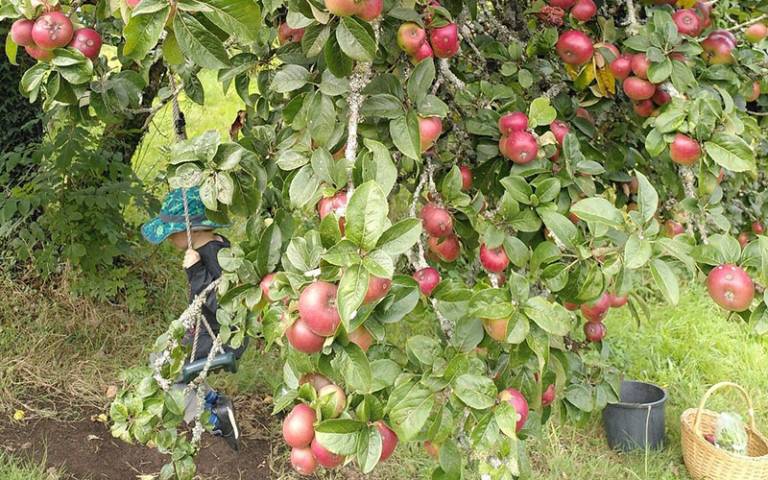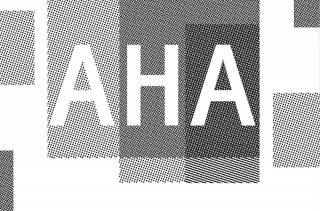AHA Public Workshop : Feral Heritage + Critical Memoir
21 October 2022, 2:00 pm–5:00 pm

The Archaeology-Heritage-Art Research Network public programme will continue with a workshop given by Caitlin DeSilvey (University of Exeter) on 21 October.
This event is free.
Event Information
Open to
- All
Availability
- Yes
Cost
- Free
Organiser
-
Nastassja Simensky
Public Workshop : Feral Heritage + Critical Memoir
Professor Caitlin DeSilvey will lead an interactive workshop with the title ‘Feral Heritage + Critical Memoir’. The workshop will explore strategies for writing personal history as both cultural critique and catalyst for alternative framings of ecological belonging. By way of introduction, DeSilvey will share a piece of recent writing, and report on ongoing research carried out as part of the Relics of Nature project (https://relicsofnature.com/). Workshop participants will then be led in a writing exercise and encouraged to share their work with the group.
Address details will be released once you have registered. If you can no longer attend please do cancel your place so that we can open this to people on the waiting list.
Caitlin DeSilvey is Professor of Cultural Geography at the University of Exeter, and Associate Director of the Environment and Sustainability Institute at Exeter’s campus in Penryn, Cornwall. Her research explores the cultural significance of material change and transformation, and she has worked with artists, archaeologists, environmental scientists and heritage practitioners on a range of interdisciplinary projects. Her monograph, Curated Decay: Heritage Beyond Saving (UMP 2017), received the 2018 UMW Historic Preservation Book Prize.

The Archaeology-Heritage-Art Research Network examines the varied ways in which archaeology, heritage and art converge across a broad range of concepts and practices, from artistic interventions in the museum space to archaeological interpretations which deploy and take inspiration from contemporary art.
The AHA 2022 PROGRAMME: INTERDISCIPLINARY METHODOLOGIES is supported with a grant from the Centre for Critical Heritage Studies.
 Close
Close

